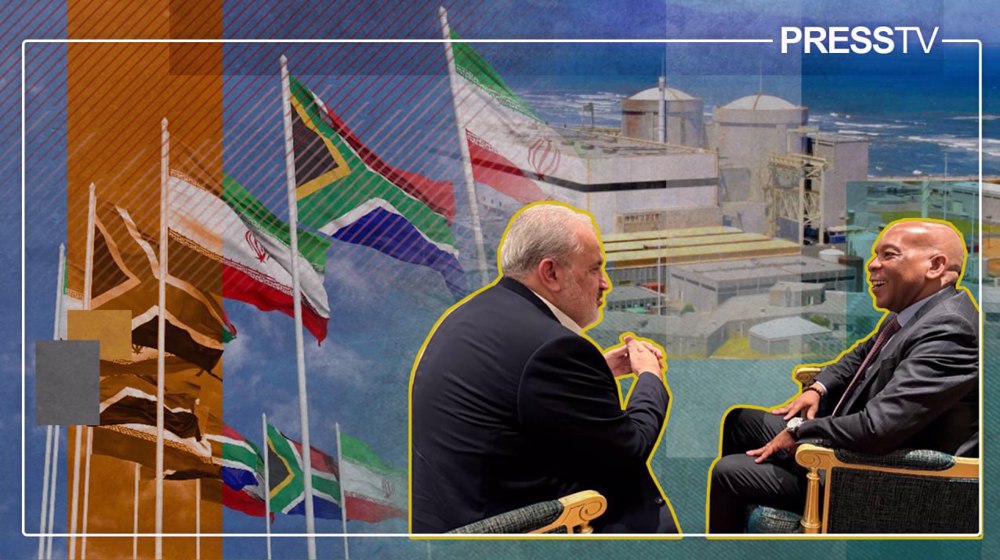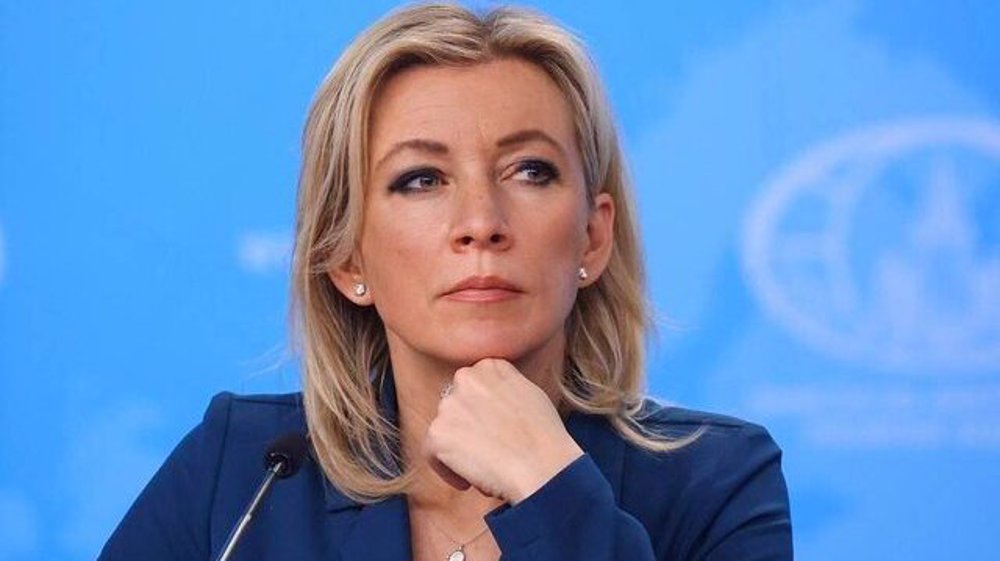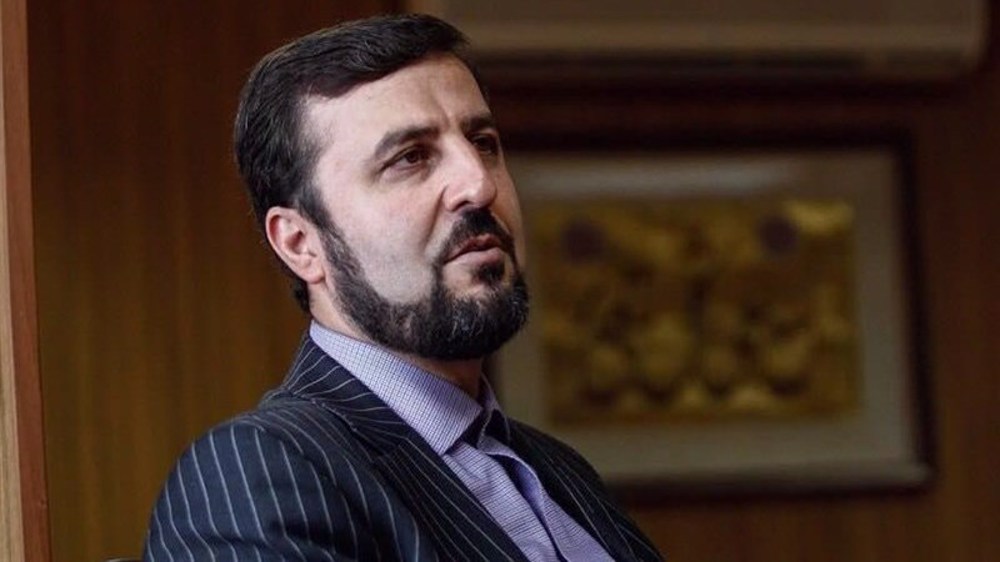Iran will not cross its red lines in cooperating with IAEA: Spokesman
The Iranian Foreign Ministry spokesman says the country will not cross any of its red lines in cooperating with the International Atomic Energy Agency (IAEA) over the Islamic Republic’s nuclear program.
“We will continue to cooperate with the agency in line with previous commitments and we will certainly not cross any of the red lines set by the Islamic Republic of Iran,” Bahram Qassemi said in an interview with the IRIB news agency on Sunday.
He added that in view of its independent nature and the importance it attaches to its international standing, the IAEA was not probable to give in to illogical and unrealistic demands, which may be imposed on it.
The Iranian official expressed confidence that the Americans would not be able to impose their own demands on others, saying, “We have given necessary warnings to the agency and made necessary recommendations and will continue this trend in the future.”
He emphasized that Iran would never allow others to engage in off-limit issues in the landmark nuclear agreement, known as the Joint Comprehensive Plan of Action (JCPOA), adding that the IAEA inspections in Iran would be carried out only within the framework of the country’s policies.
Cooperation with the UN nuclear agency has an “unchangeable” framework, Qassemi said, adding that Iran had cooperated with the IAEA in “the best” possible manner and the agency had repeatedly verified Tehran’s full compliance with the JCPOA in its various statements.
“We will completely try to safeguard the JCPOA, because it is a multilateral agreement to which we must all remain committed and other parties must also carefully fulfill their commitments,” the Iranian spokesperson said.
Iran and the five permanent members of the United Nations Security Council - the United States, France, Britain, Russia and China plus Germany - signed the JCPOA on July 14, 2015 and started implementing it on January 16, 2016.
Under the nuclear agreement, Iran undertook to put limitations on its nuclear program in exchange for the removal of nuclear-related sanctions against Tehran.
The IAEA is tasked with monitoring Iranian compliance with the deal, a basically technical matter that falls within the agency’s area of expertise. The IAEA has consistently verified that Iran is in compliance since the deal started being implemented in January 2016.
Elsewhere in his remarks, Qassemi urged the European countries of the P5+1 group to counter the US unilateral policies and said they must not allow any country to unilaterally undermine the JCPOA.
US Ambassador to the UN Nikki Haley on Friday called on the IAEA to request access to Iranian military sites, in what is regarded as an attempt by Washington to undermine the multilateral nuclear deal with Iran.
“We are encouraging the IAEA to use all the authorities they have and to pursue every angle possible with the JCPOA, and we will continue to support the IAEA in that process,” she said at a news conference in New York.
The US is a party to the JCPOA, which was negotiated under former US president, Barack Obama. But the administration of US President Donald Trump, which took over in January this year, has been opposed to the accord and is believed to be looking for a way to potentially withdraw from it.

Explainer: How can Iran help South Africa advance its civilian nuclear program?

Russia: Unilateral US sanctions against Iran illegitimate, illegal

Senior official: Iran likely to hold meeting with European troika
Lebanese govt. must show it can expel Israeli occupiers: Lawmaker
VIDEO | Uncertainty over Gaza ceasefire
VIDEO | Gaza’s Ramadan: Tradition endures amid devastation
VIDEO | Trump-Zelensky ‘shouting match’ shows how US props up and discards ‘allies’
VIDEO | Global conference in Sana’a rejects Gaza displacement
Iran approves 500 MW of new solar power plants
UN relief chief says Israel’s decision to halt Gaza aid ‘alarming’
Israeli ministers urge Netanyahu to 'open gates of hell' on Gaza








 This makes it easy to access the Press TV website
This makes it easy to access the Press TV website